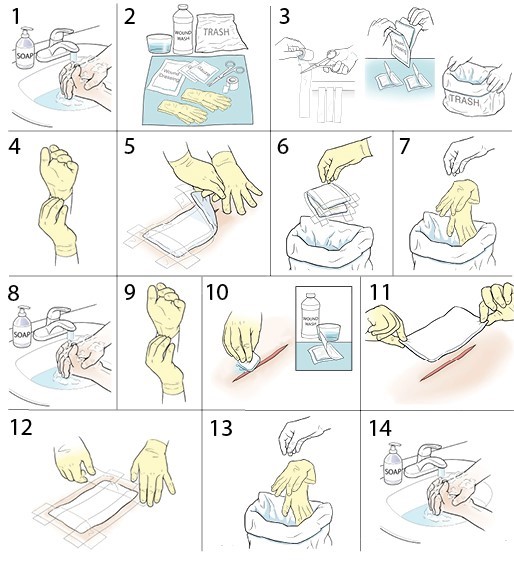A nurse is assisting with the plan of care for a 10-month-old infant who has HIV. Which of the following interventions should the nurse include in the plan?
Monitor the infant's lymphocyte count.
Educate the infant's guardians about exchange transfusions.
Administer granulocyte colony-stimulating factor.
Initiate droplet precautions.
The Correct Answer is A
Monitoring the infant's lymphocyte count is important in evaluating the immune function of the infant. HIV primarily affects the immune system, including lymphocytes. Monitoring the lymphocyte count helps assess the progression of the disease and the effectiveness of treatment.
Exchange transfusions are not typically used in the management of HIV. They are primarily performed in conditions like severe neonatal jaundice or blood disorders, but not for the treatment of HIV.
Granulocyte colony-stimulating factor (G-CSF) is a medication used to stimulate the production of white blood cells called granulocytes. While G-CSF can be used in certain situations, such as to counteract the side effects of certain chemotherapy drugs, it is not a standard treatment for HIV in infants.
Droplet precautions are typically implemented for infectious diseases that spread through respiratory droplets, such as influenza or respiratory syncytial virus (RSV). HIV does not spread through respiratory droplets, so initiating droplet precautions would not be necessary in the care of an infant with HIV.
Nursing Test Bank
Naxlex Comprehensive Predictor Exams
Related Questions
Correct Answer is C
Explanation
When removing the dressing and cleaning the wound, it is important to start from the center of the wound and work towards the outer edges. This technique helps prevent contamination of the wound by minimizing the risk of dragging bacteria or debris from the surrounding skin into the wound.
The other options listed are not recommended for this specific procedure:
When removing the tape, it is generally recommended to pull it parallel to the skin surface rather than pulling from the center of the dressing. This technique reduces the risk of causing trauma or disrupting the wound.
While it is important to maintain aseptic technique during dressing changes, wearing sterile gloves is not necessary for a wet-to-dry dressing change. Clean, non-sterile gloves are typically sufficient for this procedure, as the dressing material itself is not sterile.
In a wet-to-dry dressing change, the dressing is typically applied moist and allowed to dry over time. Therefore, moistening the dressing before removal is not necessary. The primary goal is to remove the dry dressing, which may adhere to the wound bed, and then clean the wound before applying a fresh dressing.

Correct Answer is B
Explanation
During an intravenous pyelogram (IVP), a contrast dye is injected into the client's veins, and X-ray images are taken to visualize the urinary tract. The dye used in an IVP can cause a warming or flushing sensation as it circulates through the body. The client's statement indicates an understanding of this common sensation associated with the procedure.
"I can have a meal up to 2 hours before the procedure": This statement is incorrect. Typically, for an IVP, the client is required to have an empty stomach before the procedure to ensure accurate imaging results. The client should follow the specific instructions provided by their healthcare provider regarding fasting before the procedure.
"I do not need to sign a consent form before this procedure": This statement is incorrect. Informed consent is required for most medical procedures, including an IVP. The client should sign a consent form after receiving all the necessary information about the procedure, its risks, and benefits.
"I should limit my fluid intake for 2 days after the procedure": This statement is incorrect. After an IVP, it is generally advised to increase fluid intake to help flush out the contrast dye from the body and prevent potential complications. The client should follow the specific instructions provided by their healthcare provider regarding post-procedure fluid intake.
Whether you are a student looking to ace your exams or a practicing nurse seeking to enhance your expertise , our nursing education contents will empower you with the confidence and competence to make a difference in the lives of patients and become a respected leader in the healthcare field.
Visit Naxlex, invest in your future and unlock endless possibilities with our unparalleled nursing education contents today
Report Wrong Answer on the Current Question
Do you disagree with the answer? If yes, what is your expected answer? Explain.
Kindly be descriptive with the issue you are facing.
